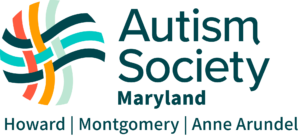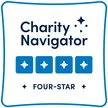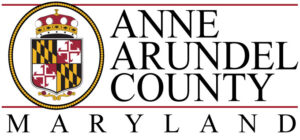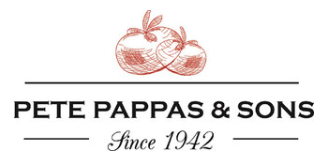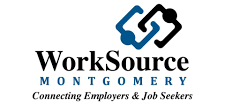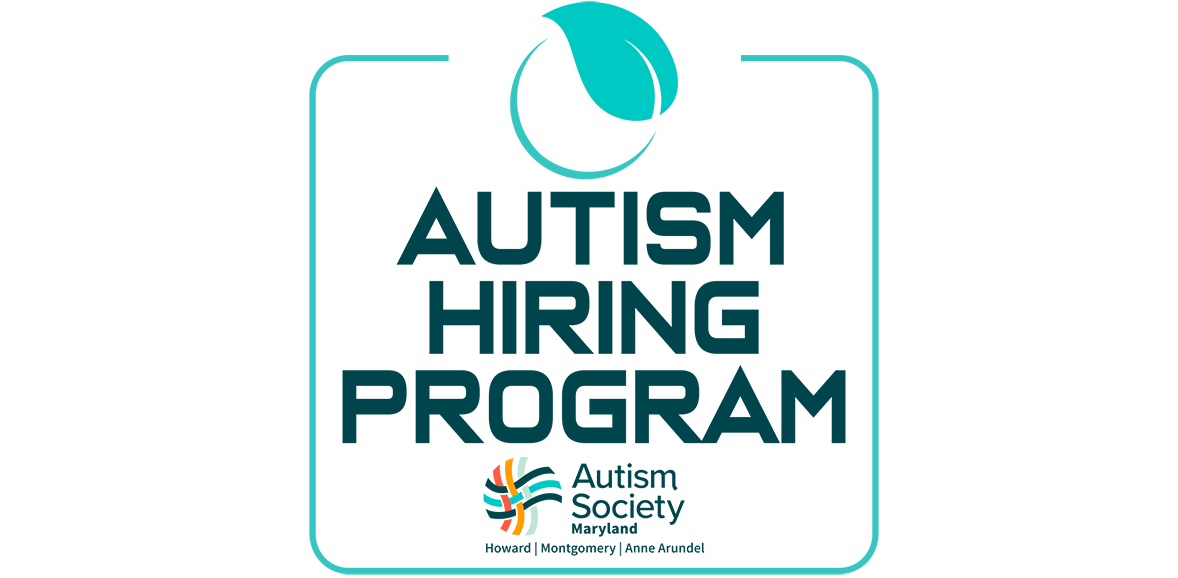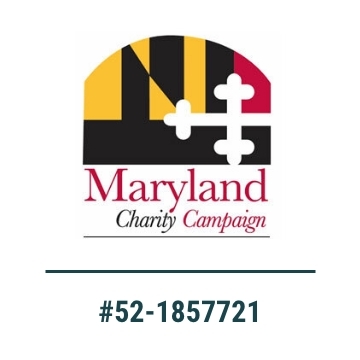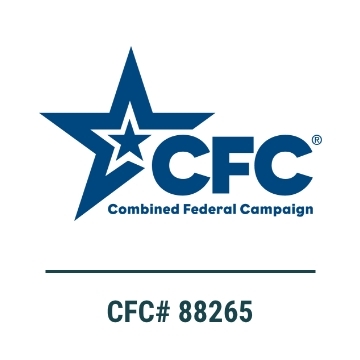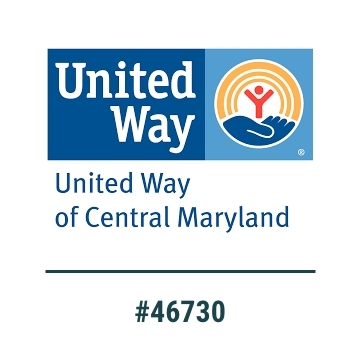The Howard County Transition Symposium is a four-part webinar series that was presented monthly from February to May 2022. It is designed for transitioning youth ages 14-21 with IEP/504 plans, their families and professionals. Presented by the Howard County Transition Outreach Partnership: Accessible Resources for Independence, Howard County Public School System, Autism Society of Howard County, Howard County Recreation & Parks, The Arc Howard County, Howard County Department of Community Resources and Services and NAMI Howard County.
Watch the recorded webinars and view the presentation slides
Session #1: Charting the LifeCourse
February 17, 2022
Session #2: Setting Students Up for Success
March 15, 2022
Session #3: Employment First
April 22, 2022
Session #4: You Can Get SSI and Medical Assistance, Go to Work…and Live to Tell About It
May 24, 2022
Session #1: Charting the LifeCourse
February 17, 2022
Speaker: Mary Anne Kane Breschi, Director of Family Supports, Developmental Disabilities Administration, Maryland Department of Health
Description: Charting the LifeCourse is a framework designed to help transitioning youth of all abilities, their families and the professionals who work with them develop a vision for a fulfilling life and how to get there. CtLC principles and tools focus on improving communication, goal setting, and problem solving; identifying and connection with community services and supports; developing self-advocacy skills; and laying out a person-centered plan for the future.
Slides – Charting The Life Course
- CtLC Vision Tool – Family Perspective
- CtLC Integrate Support Star
- CtLC Life Trajectory Family Perspective-Planning
- CtLC Framework Principles
- CtLC Life Trajectory Set Letter-Exploring
- CtLC Life Trajectory Set Letter – Planning
- CtLC Nexus Focus on Transition To Adulthood
- CtLC Nexus – Website and Resources SPANISH
- CtLC Nexus – Website and Resources ENGLISH (other languages available from the drop-down menu)
Session #2: Setting Students Up for Success
March 15, 2022
Speaker: Stacey Herman – Assistant Vice President of Neurodiversity and Community Workforce Development, Kennedy Krieger Institute
Panelists: Kathy Land, Supervisor, Service Coordination, Inc. Meghan Smallwood, Transition Specialist, Howard County Public School System, Beth Benevides, Parent/Advocate
Description: The presentation will outline the steps and resources to help transition-age youth with disabilities who are still in school to prepare for the next stage of their lives. A panel discussion will follow with individuals from service agencies, a school system transition specialist, and a parent/advocate. The panel members will share their perspectives on the transition process from school to adult life and their insights from assisting youth with the transition.
Slides – Setting Students Up for Success
Session #3: Employment First
April 22, 2022
Speaker: Karen Lee – Executive Director, Supporting Employment Equality and Community (SEEC)
Panelists:
Melissa Rosenberg, Autism Society of Maryland / Autism Hiring Program,
Doris Jacobs, Manager, Howard County Youth Employment Services, Humanim
Bradley Wilson, 2021 graduate, Project Search
Description: The speaker’s presentation addresses the strategies and considerations associated with promoting, building and supporting acceptance, inclusion, and neurodiversity in the workplace and community. A panel discussion follows with representatives from Supporting Employment Equality and Community (SEEC), the Howard County Autism Hiring Program, Humanim, and a graduate of Project SEARCH, an employment training program for transitioning youth with disabilities.
Session #4:You Can Get SSI and Medical Assistance, Go to Work…and Live to Tell About It
May 24, 2022
Speaker: Michael Dalto – Benefits Consultant, High Note Consulting, LLC
Description:
What are these benefits programs, how to apply, and are they appropriate for you or your young adult with a disability? Learn about the Social Security Administration’s Supplemental Security Income (SSI), Medicaid, and Social Security Disability Income (SSDI) and their significance for transitioning youth as they enter adulthood and make a life for
themselves after school.
This presentation is separated into 2 parts:
